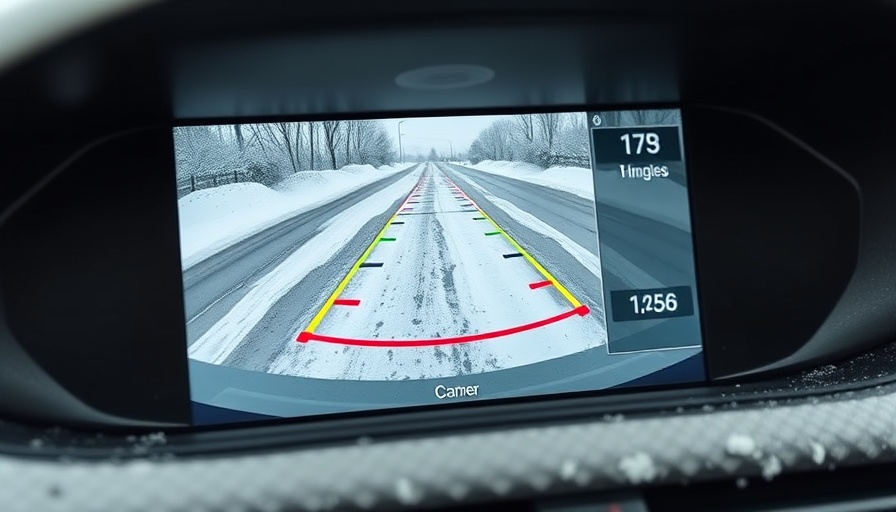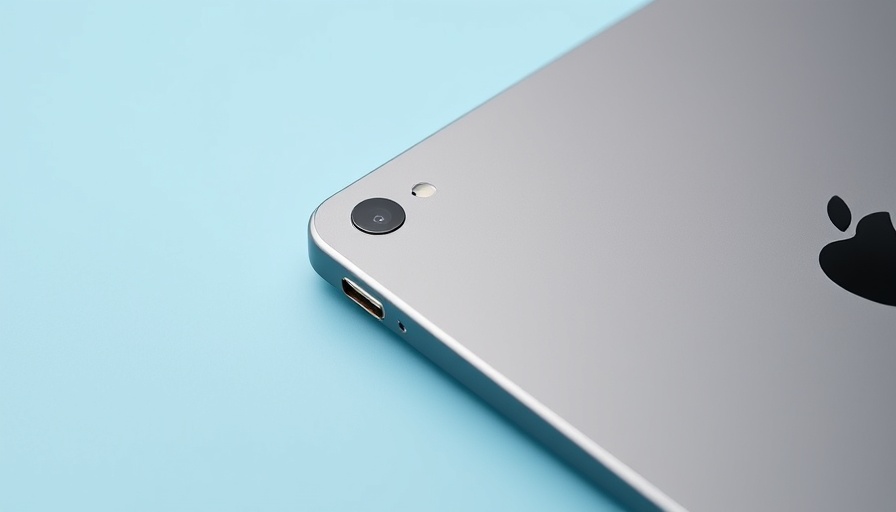
When Is a Used Car Too Old? Understanding the Best Age for a Reliable Ride
In today's rapidly evolving automotive market, the question of when a used car becomes too old is more pertinent than ever. With the average price of new vehicles soaring to around $48,000, many consumers are looking to used cars as a feasible solution. However, navigating the waters of buying a vehicle that fits your budget and needs requires thoughtful consideration.
Assessing the Age and Mileage: Finding Balance
Experts agree that age and mileage both play crucial roles in determining the value and reliability of a used car. Zander Cook, co-founder of Lease End, emphasizes that while age matters, it's not the only factor. He suggests that used cars older than 10 years often present more maintenance risks and may lack the safety features found in newer models. Yet, a well-maintained older vehicle can still be a good investment.
Michael Capote from German Car Depot adds another layer to this debate, stating, “Mileage affects mechanical parts more than years affect plastic or electronic components.” This means that a car with 150,000 highway miles can be more dependable than one with only 80,000 city miles. Hence, understanding driving history is vital.
Outdated Assumptions: The 100,000-Mile Myth
The conventional wisdom that cars should be retired after reaching 100,000 miles is changing. Thanks to advancements in automotive technology and maintenance practices, many modern vehicles can exceed this milestone without significant issues. AAA reports that many vehicles can travel beyond 100,000 miles, provided they have been looked after properly. So, if you’re in the market for a used car, don’t let this outdated perception limit your choices.
Conducting a Thorough Inspection and History Check
Before making a purchase, it’s crucial to perform a comprehensive inspection. Mike Rocchi, a former president of a car dealership, recommends obtaining a vehicle history report from reputable services like CARFAX or AutoCheck. This report provides insights into previous ownership, accidents, and title status. Additionally, checking service records and conducting a thorough visual inspection can help ensure you’re making a sound investment.
The Emotional Connection: Making the Best Choice
Buying a used car is often a balancing act between practical needs and emotional appeal. Many people have personal stories attached to vehicles, and choosing the right one can evoke feelings of nostalgia and connection. If you find a car that resonates with you and meets your practical requirements, it can transform not just your daily commute but your entire lifestyle.
Tips for Making Smart Used Car Purchases
- Consider vehicles around 3-6 years old for the best balance of price, reliability, and features.
- Research the specific make and model to understand its reliability ratings and any known issues.
- Factor in ownership history, accident records, and maintenance logs for greater confidence in your choice.
- Don’t be afraid to walk away from a deal that doesn’t feel right; trust your instincts!
Ultimately, the wise selection of a used car hinges on assessing both age and mileage, understanding the vehicle’s history, and performing due diligence. This multifaceted approach can lead to owning a dependable car that suits your needs and provides peace of mind.
As you navigate the used car market, remember that balance is key. Equip yourself with the right knowledge and tools to make informed decisions that resonate on both practical and emotional levels.
Call to Action: Feeling ready to find your next used car? Start by educating yourself about the vehicles that inspire you while considering key factors like age and mileage. Research, inspect, and take your time, and you’ll drive away with a car that feels just right!
 Add Row
Add Row  Add
Add 




 Add Row
Add Row  Add
Add 

Write A Comment